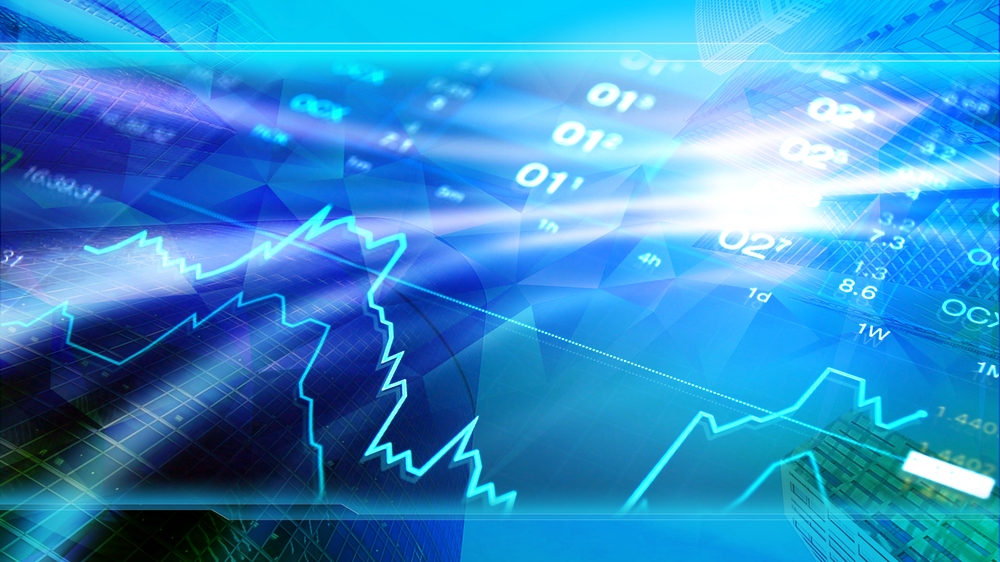Business
Legendary Investor: If You Aren’t Worried, You Should Be

There’s been a lot of optimism and euphoria going around in the last few weeks. A record number of jobs have been added last month and trillions of dollars in stimulus money sloshing through the economy. With this, the stock market is once again knocking on the door of all-time highs.
That optimism, warns legendary investor Jeremy Grantham, is lulling investors into a sense of safety that is unwarranted.
Grantham, founder and chief investment strategist of asset management firm GMO, along with his head of asset allocation, Ben Inker, recently published their Q1 quarterly letter, and it is a bucket of ice water over the head.
The duo pointed out that at the March lows they happily added to their equity positions. They did this to take advantage of what they saw as fairly priced or even cheap stock prices.
Inker says they expected a volatile market going forward. With the severity of the coronavirus pandemic unknown, he expected the market to have “a hard time making too much headway given very high levels of economic uncertainty and the fact that most of that uncertainty was to the downside.”
But the massive rally has added back four to six years of “normal” returns in just six weeks.
The Rally Explained
“To put the rally in perspective, the group that went up the least, International Value stocks, earned the equivalent of 4.4 years of an “equity-like” return for a fair-valued group of stocks. U.S. large and small cap stocks rose the equivalent of 6 years of “equity-like” returns. Given that we didn’t learn anything between March 23rd and April 30th that should have meaningfully altered our estimation of the plausible economic scenarios from here,” said Inker.
He adds, “And with a rapidity seldom matched in history, equities have gone from plausibly priced for very bad outcomes to more or less ignoring the possibility.”
The virus is a “bottomless pit of complexity, contradictory data, and guesswork,” Grantham says. And if you’re not nervous, “you should be.”
He says the past major economic events he has gone through have followed a predictable pattern. He used this pattern recognition to adjust his investments accordingly, but because the coronavirus is new, he says there’s no certainty how things will end up.
“Japan, the Tech bubbles, and 1929, which sadly I missed, were not new types of events. They were merely extreme cases akin to South Sea Bubble investor euphoria and madness,” Grantham adds. “The 2008 event also was easier if you focused on the U.S. housing euphoria,” he explains. The occurrence can be “considered a 3-sigma, 100-year event or, simply, unique.”
“All these events echoed historical precedents. And from these precedents we drew confidence,” Grantham added. “But this event is unlike all those. It is totally new and there can be no near certainties, merely strong possibilities. This is why Ben Inker, our Head of Asset Allocation, is nervous,” the investor went on to say. “And this is why you are nervous, or should be.”
What Should Worry Us
What should worry us, says Grantham, is that the stock market is in the top 10% of historical P/E ratios. This is despite being in an economic situation that’s in the “worst 1%.”
“Everyone can see and feel that this is different and can sense the bizarre nature of the market response: we are in the top 10% of historical price earnings ratio for the S&P on prior earnings and simultaneously are in the worst 10% of economic situations, arguably even the worst 1%!”
The legendary investor concludes by saying we are too one-sided in our optimism and should practice prudence and patience.
“In short, we have never lived in a period where the future was so uncertain. Yet the market is 10% below its previous high in January when, superficially at least, everything seemed fine in economics and finance. And if not “fine,” well, good enough. The future paths include many that could change corporate profitability, growth, and many aspects of capitalism, society, and the global political scene. Some perhaps for the better, but some not. The key here is uncertainty, which in some ways seems the highest in my experience. So, in terms of risk and return – particularly of the worst possible outcomes compared to the best – the current market seems lost in one-sided optimism when prudence and patience seem much more appropriate.”
Up Next:















